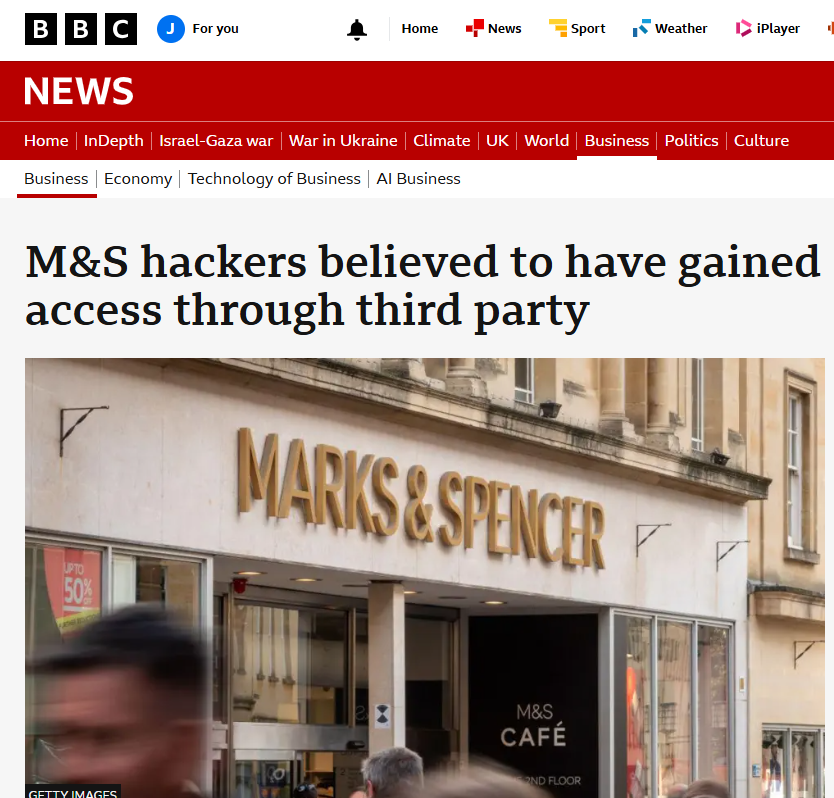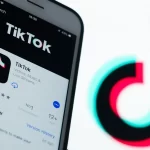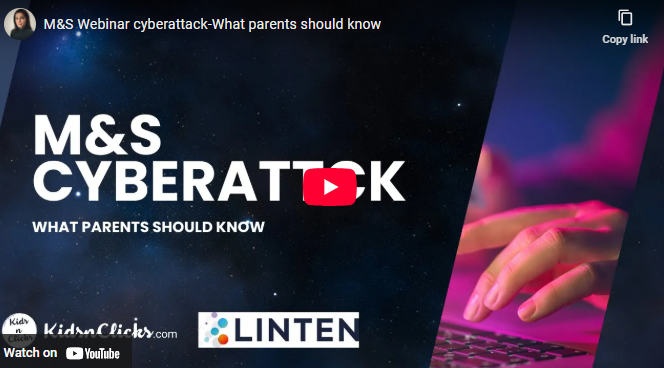Marks & Spencer recently suffered a major cyber attack that exposed personal customer data, including names, addresses, phone numbers, and birth dates. While no payment or password details were stolen, this kind of information can still be used in scams especially ones that look convincing.

So, what does this mean for parents?
If you’ve shopped online at M&S or created an account, there’s a small chance your personal info was part of the breach. This could lead to phishing emails or texts pretending to be from M&S or other trusted brands.
But it’s also a great reminder: if big companies like M&S can be targeted, so can others. And that includes your kids.
Here’s what you can do to protect your family:
- Talk to your children about scams — explain how fake messages can trick people into sharing personal info or clicking dangerous links.
- Use strong, different passwords for each account (and consider a password manager).
- Don’t overshare online — even things like birthdays or favourite stores can be used by scammers.
- Check accounts regularly for suspicious activity and turn on 2-factor authentication where possible.
- Report suspicious messages — teach kids not to click anything unless they’re sure it’s real.








